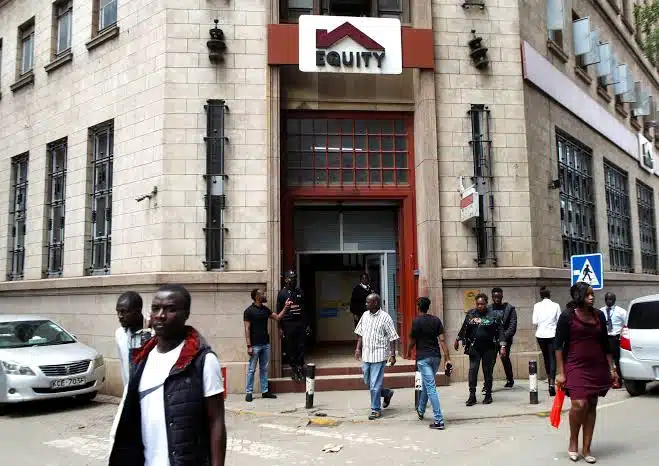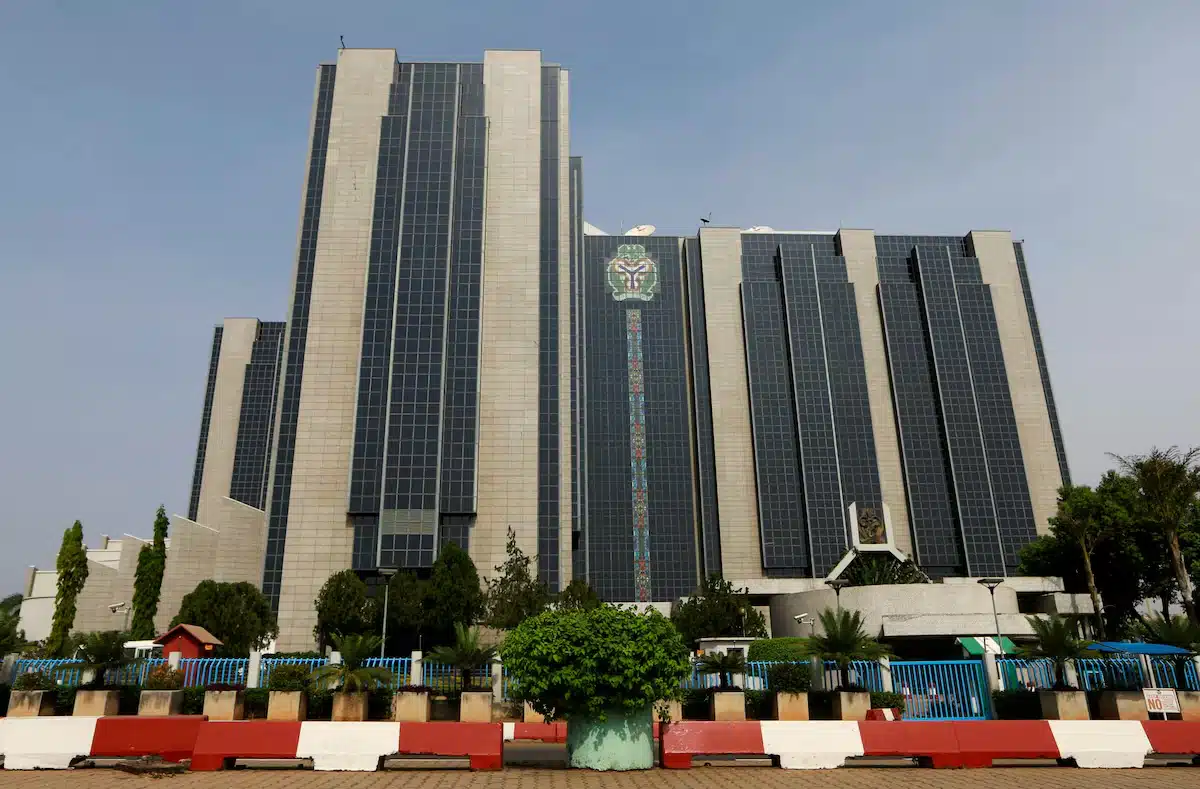East African country, Ethiopia, has declared plans to license its first foreign bank by the end of 2025, marking a historic shift in a country that has kept its financial sector closed for decades.
The move, confirmed by central bank governor Mamo Mihretu at the Ethiopia Finance Forum on Thursday, is part of sweeping reforms aimed at modernising the economy and attracting foreign investment.
Legislation enabling the entry of foreign banks has already been enacted.
The change signals a broader commitment to opening up the sector and aligns with Ethiopia’s bid to join the World Trade Organisation.
The apex bank governor, however did not name which bank(s) will be given the license to operate in the landlocked country.
Furthermore, the landmark announcement came alongside another major policy shift: the removal of mandatory Treasury bond purchases by commercial lenders.
The central bank said this requirement will be phased out by June 2025.
Complexities of mandatory bond
Moreover, the mandatory bond directive was first introduced in 2011 under former Prime Minister Meles Zenawi.
It required banks to purchase bonds worth 27% of every loan disbursed.
The proceeds helped finance large infrastructure projects, including the Grand Ethiopian Renaissance Dam, at a time when external funding was scarce.
The rule was repealed in 2019 by Prime Minister Abiy Ahmed’s administration as part of early liberalisation efforts. But economic pressures following the COVID-19 pandemic, civil war in the north, and rising global prices led to its partial reinstatement.
In 2022 however, the National Bank of Ethiopia reintroduced the policy, requiring banks to allocate 20% of new loans to Treasury bonds.
Additionally, banks were compelled to direct 1% of their outstanding loan portfolios to a separate bond instrument.
The funds supported the Development Bank of Ethiopia’s lending to priority sectors, as part of efforts to channel credit to strategic areas of the economy.
Critics have long decried these directives as financial repression. Banks were forced to absorb low-yield government securities instead of extending loans to the private sector.
The resulting crowding-out effect stifled credit growth and discouraged innovation.
“The central bank has essentially been asking banks to bail out the state,” said a senior executive at a private bank in Addis Ababa. “These bond purchases have restricted our ability to serve borrowers and manage liquidity efficiently.”
Unwinding controls and opening up the market
By unwinding these bond obligations and allowing foreign participation, Ethiopian authorities hope to boost capital flows into the economy and build a more competitive financial system.
The shift is expected to unlock credit for businesses and households while strengthening investor confidence.
The broader reform package also includes a transition to a fully price-based monetary policy by September 2025.
This will end the use of administrative tools such as credit ceilings. In a recent adjustment, the annual credit growth cap was raised from 14% to 18%.
Governor Mamo said these steps reflect the government’s commitment to deeper financial liberalisation. “We are building a modern monetary and financial system that supports inclusive growth and long-term stability,” he told the forum attendees.
Still, analysts warn that timing and execution will be crucial. Inflation remains in double digits. The Ethiopian birr continues to weaken against major currencies. And the country’s external debt pressures have yet to be resolved.
“Removing the 20% requirement is a positive step,” said an economist at a regional investment firm. “But financial liberalisation must be carefully sequenced with fiscal reform and institutional capacity-building to avoid destabilisation.”











